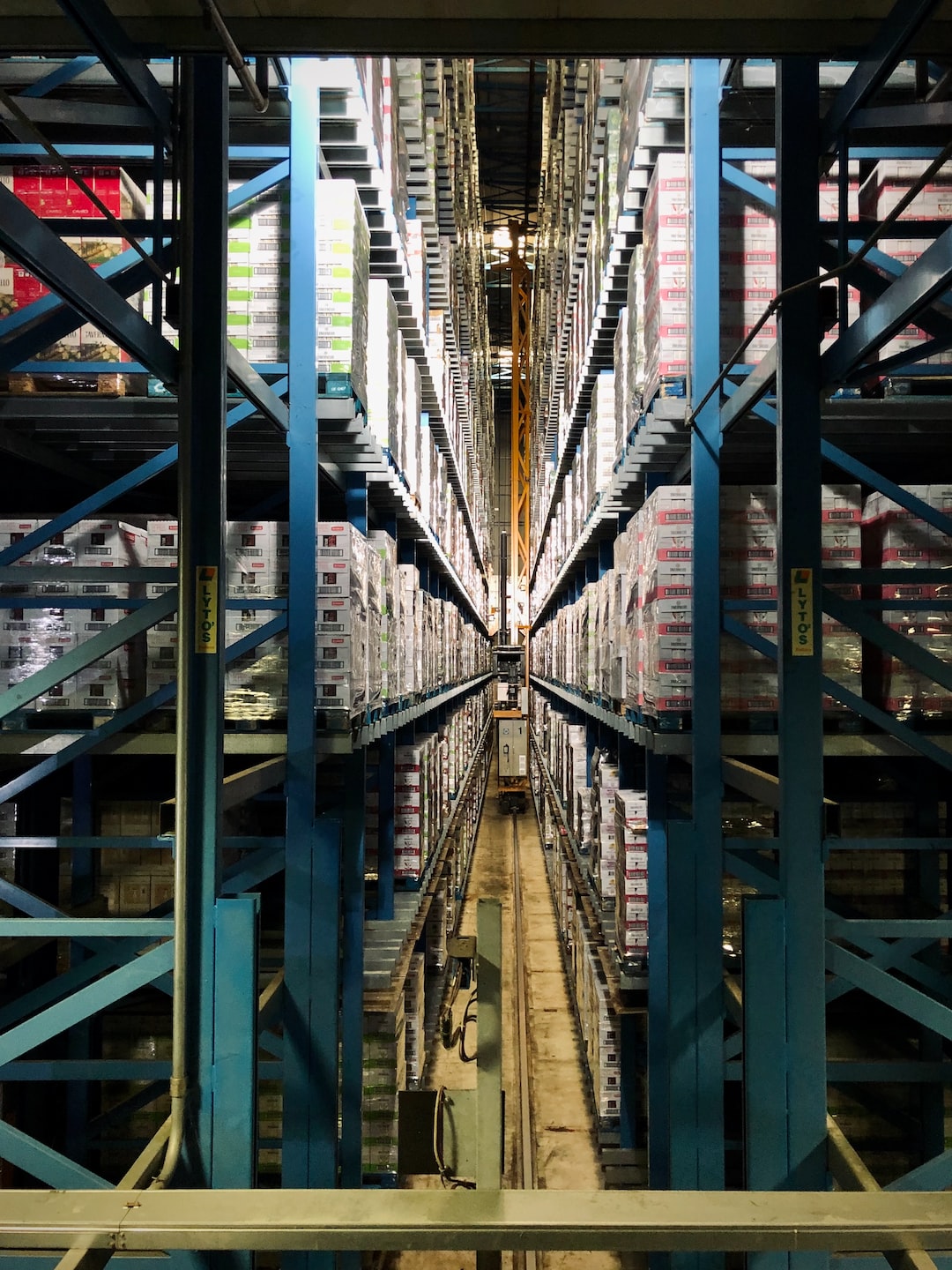The Role of Artificial Intelligence in Optimizing Production Workflows
Artificial intelligence (AI) has revolutionized many industries, and the manufacturing sector is no exception. With its ability to analyze vast amounts of data and make predictions, AI has transformed production workflows, making them more efficient and productive. In this blog post, we will explore the role of artificial intelligence in optimizing production workflows and its potential benefits.
One of the key areas where AI is making a significant impact is production planning. Traditionally, production planning involved human planners creating schedules and making decisions based on experience and intuition. However, with AI, planners now have access to powerful algorithms that can analyze historical data, demand forecasts, and other relevant information to generate optimized production plans. These AI-driven plans consider various factors such as machine availability, material availability, and labor capacity, resulting in more accurate and efficient schedules.
Another way AI optimizes production workflows is by automating repetitive tasks. Many manufacturing processes involve mundane and repetitive tasks that are time-consuming and prone to errors. By using AI technologies such as robotics and machine learning, companies can automate these tasks, freeing up human workers to focus on more complex and creative tasks. For example, in the automotive industry, AI-powered robotic arms can assemble parts more quickly and accurately than human workers, leading to improved production efficiency.
AI can also enhance quality control in production workflows. Quality control is crucial in manufacturing as defects can lead to costly rework or product recalls. With AI, companies can use computer vision technologies to inspect products for defects in real-time. AI systems can analyze images or videos of products and identify any anomalies or deviations from predefined standards. This enables early detection of defects, allowing companies to take immediate corrective actions and prevent faulty products from reaching customers.
In addition to production planning, automation, and quality control, AI can also optimize inventory management. Managing inventory is a complex task that involves balancing stock levels with demand, minimizing carrying costs and ensuring that production is not disrupted due to material shortages. AI-powered algorithms can predict demand patterns, analyze historical sales data, and identify optimum reorder points for each item in the inventory. By automating inventory management with AI, companies can reduce carrying costs, minimize stockouts, and ensure smoother production processes.
Furthermore, AI can contribute to predictive maintenance in production workflows. Machines and equipment in manufacturing plants require regular maintenance to prevent breakdowns and costly downtime. Traditional maintenance methods are typically based on fixed schedules or reactive approaches. However, with AI, companies can move to a predictive maintenance model. AI algorithms can analyze sensor data from machines, identify patterns, and predict when maintenance is required. This enables companies to schedule maintenance proactively, minimizing unplanned downtime and maximizing equipment availability.
Overall, the role of AI in optimizing production workflows cannot be overstated. By leveraging AI technologies, companies can achieve higher levels of accuracy, efficiency, and productivity in their manufacturing processes. From production planning to automation, quality control, inventory management, and predictive maintenance, AI offers multiple benefits that can transform how businesses operate.
However, the successful implementation of AI in production workflows requires careful planning and integration with existing systems and processes. Companies must invest in training their workforce to work alongside AI-powered systems and ensure that data is accurate and comprehensive. Furthermore, ethical considerations and data privacy must also be addressed to maintain trust and transparency in AI-driven workflows.
In conclusion, AI has become an indispensable tool for optimizing production workflows in the manufacturing sector. Its ability to analyze data, automate tasks, enhance quality control, optimize inventory management, and predict maintenance needs makes it a game-changer for businesses. As technology continues to advance, we can expect AI to play an even more significant role in shaping the future of production workflows, and companies that embrace AI will undoubtedly reap the benefits in terms of efficiency, productivity, and competitive advantage.
